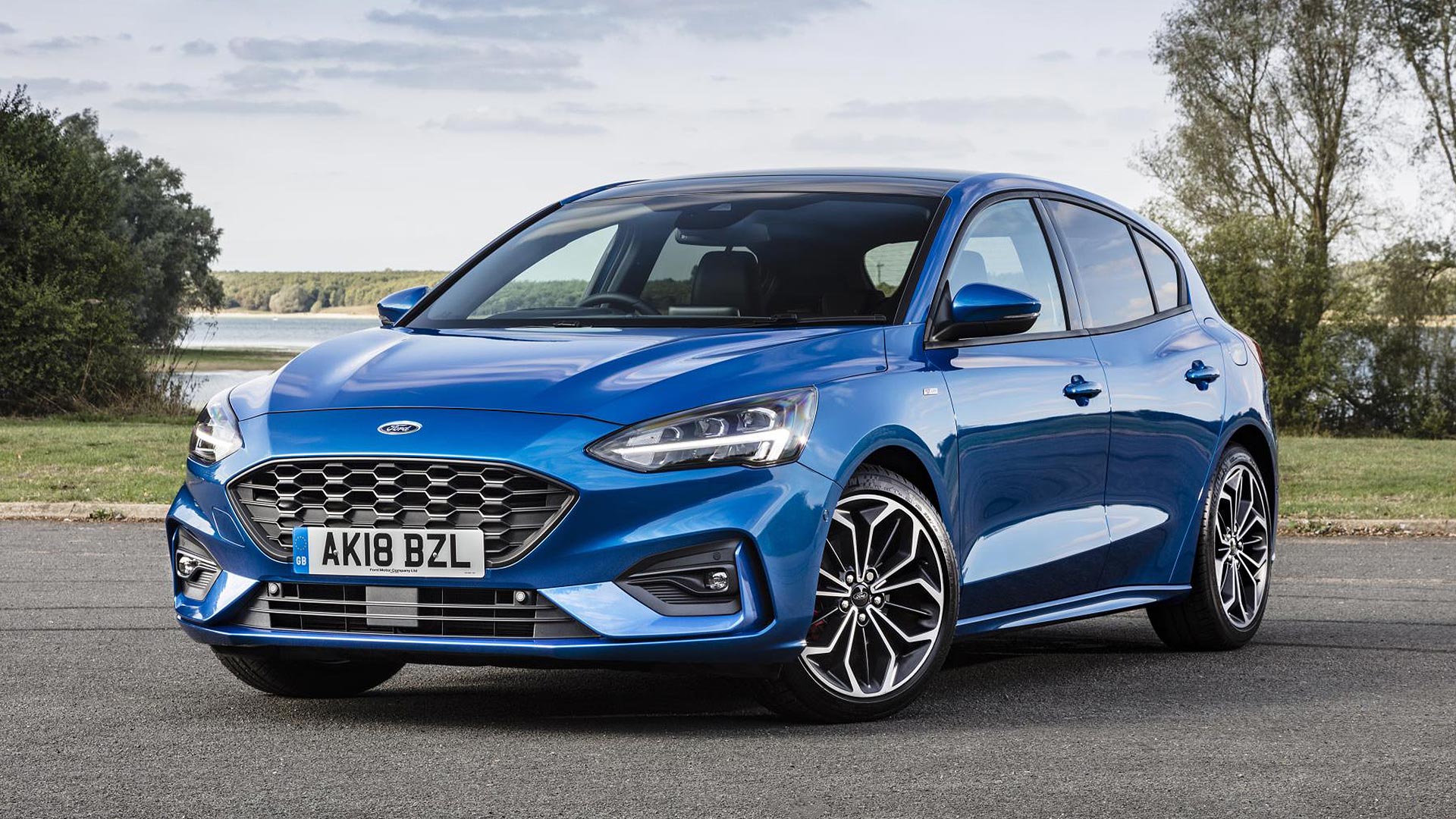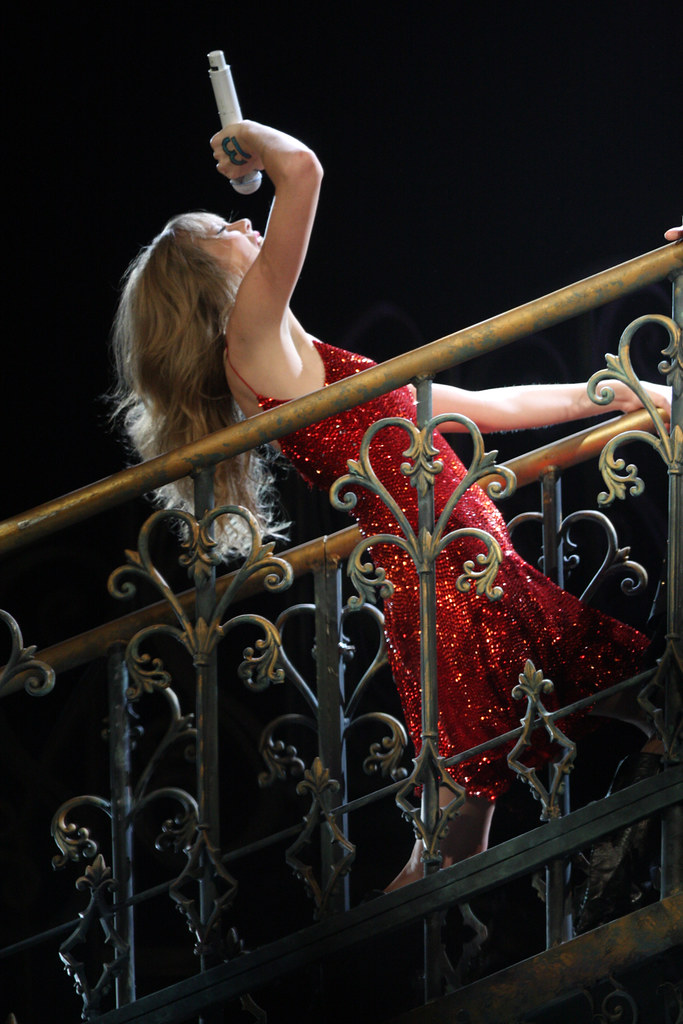
Taylor Swift is undeniably one of the most recognized and influential figures in modern pop culture, a true American cultural icon whose every move, personal or professional, commands global attention. For many years, her public persona deliberately steered clear of political discussions, fostering an image of an artist solely focused on her music and connecting with fans. This perceived apoliticism, however, became a topic of intense scrutiny, debate, and even criticism, leaving many to wonder about the underlying reasons for her silence.
Yet, the narrative has dramatically shifted. Over the last few years, Swift has transformed from a politically neutral celebrity into an outspoken advocate, leveraging her immense platform to champion various causes and endorse political candidates. This profound evolution has not only reshaped her public image but also demonstrated the potent influence a cultural icon can wield in the complex world of politics. Her journey offers a compelling case study into the pressures, motivations, and impacts of celebrity activism.
To truly understand why Taylor Swift initially avoided publicly endorsing a president, and what ultimately led her to embrace political engagement, we must delve into the specific milestones, criticisms, and deeply personal considerations that have shaped her remarkable trajectory. It’s a story not just about an artist finding her voice, but about the profound ripple effects of that voice on both the political landscape and the cultural conversation.
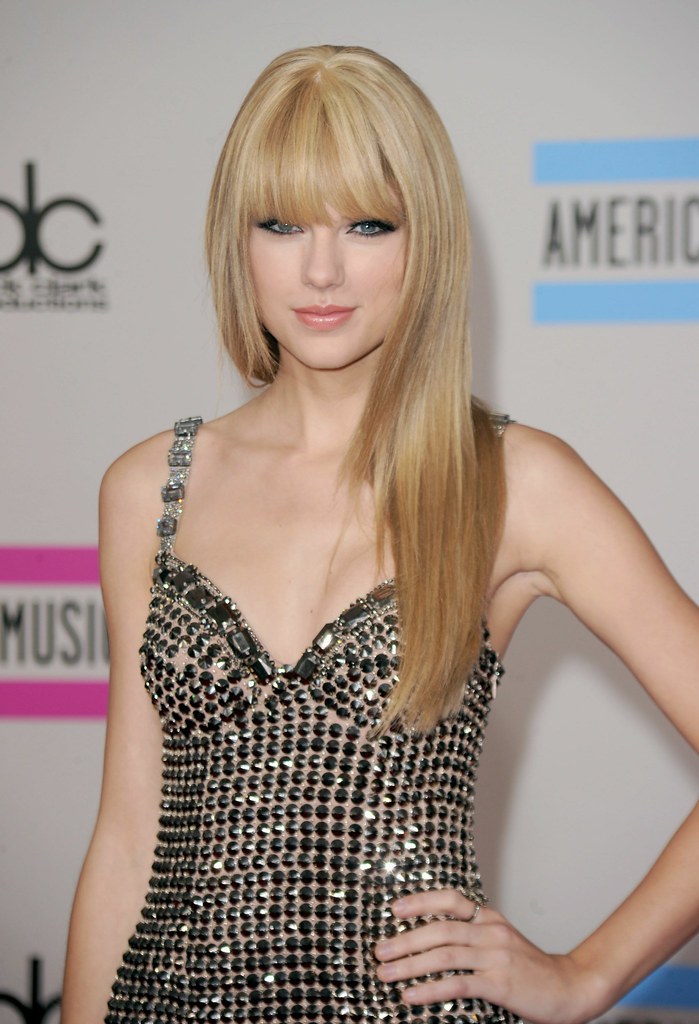
1. The Early Apolitical Stance and Underlying Reasons (2008-2016)
Taylor Swift first cast her vote in the 2008 U.S. presidential election, which Barack Obama won, and she openly expressed satisfaction with the outcome. Despite this early participation, her public stance remained firmly apolitical for many years. When asked about the 2012 election by *Time* magazine, Swift articulated her deliberate choice to remain silent on political matters.
She stated, “I try to keep myself as educated and informed as possible. But I don’t talk about politics because it might influence other people. And I don’t think that I know enough yet in life to be telling people who to vote for.” This quote clearly illustrates her initial reluctance, stemming from a sense of responsibility regarding her influence and a professed feeling of insufficient personal political expertise.
Journalists at the time frequently criticized this apolitical stance, finding it increasingly conspicuous given her celebrity status. Intriguingly, her political silence was even perceived positively by some conservatives; for instance, Donald Trump once called her a “terrific” role model, and conservative lawmakers extended invitations for her to visit the U.S. Capitol, underscoring how her neutrality could be interpreted as tacit alignment or at least non-opposition.
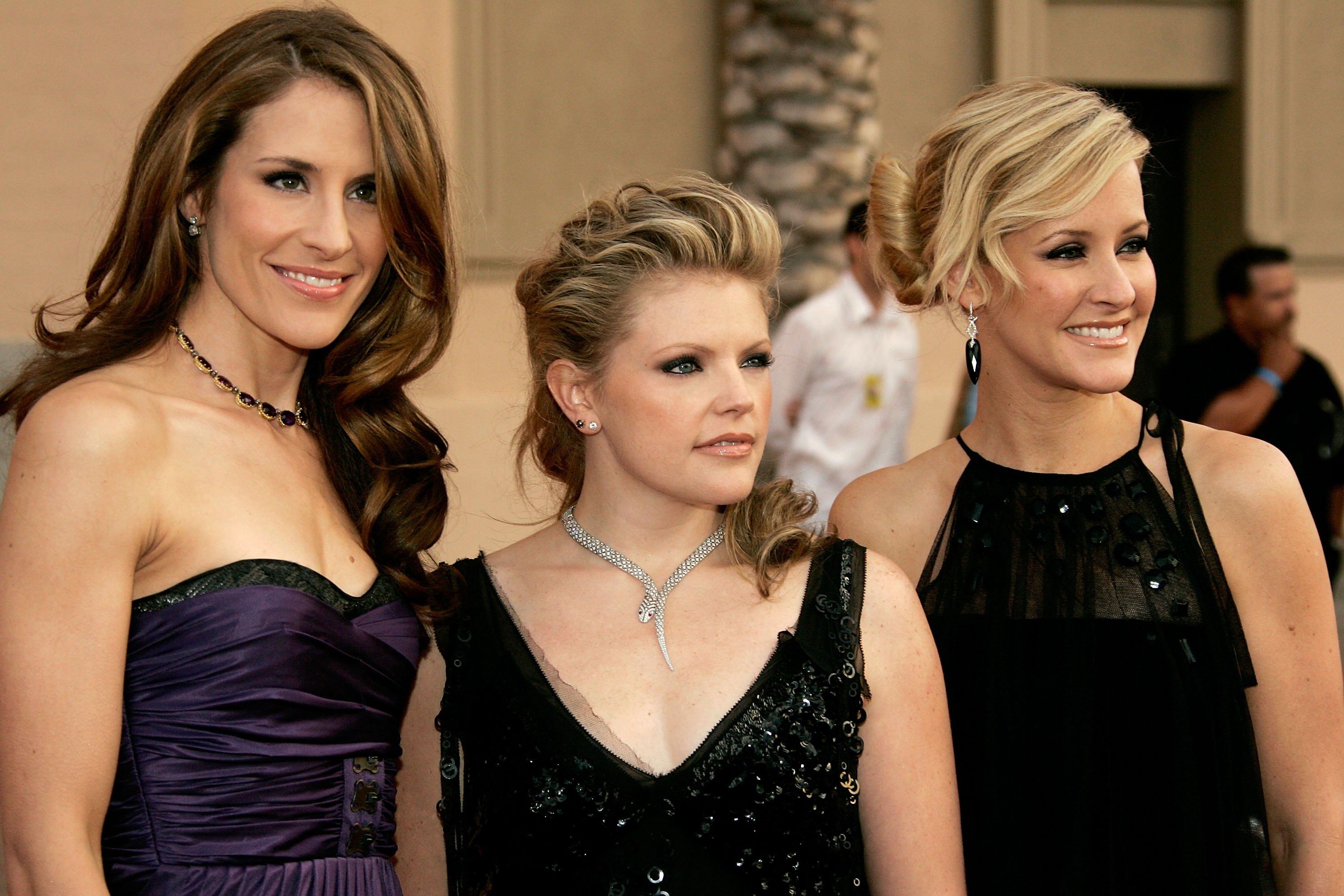
2. The Enduring Influence of Record Label Executives and the Dixie Chicks Controversy
A significant factor contributing to Swift’s early apolitical posture, as she herself disclosed in 2019, was direct advice from record label executives. During her time under Big Machine Records, she was explicitly cautioned against discussing political topics.
These executives reportedly used the 2003 Dixie Chicks controversy as a stark warning. The Dixie Chicks, a country music group, faced severe backlash and career repercussions after publicly criticizing then-President George W. Bush. This incident served as a potent example within the country music industry of the potential commercial and reputational damage that could result from political outspokenness.
This historical precedent likely played a crucial role in shaping Swift’s initial strategy to remain politically neutral. For pop stars of that era, an apolitical image was often considered an “advantageous business strategy,” a way to maintain broad appeal and avoid alienating segments of their fanbase, particularly within the traditionally more conservative country music sphere where Swift began her career.
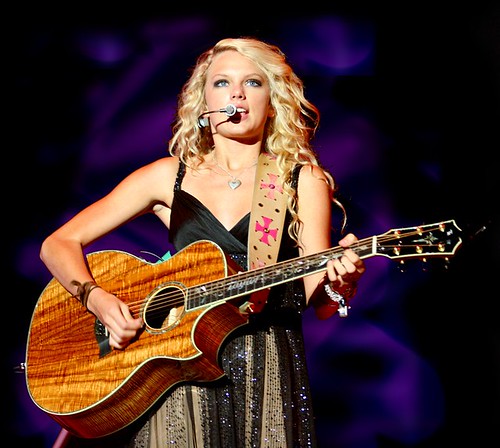
3. Intense Media Scrutiny and “Innocuous” Posts During the 2016 Election
Taylor Swift maintained her apolitical stance during the highly contentious 2016 U.S. presidential election. She neither openly supported Democrat Hillary Clinton nor spoke out against Donald Trump, despite some public expectations for her to do so given her growing platform.
Her silence during this pivotal election drew considerable media scrutiny. Although she posted a picture of herself in a polling station queue, it was entirely non-partisan. This ambiguity led to speculation, with headlines such as a *USA Today* piece asking, “Who did Taylor Swift vote for? Here’s why her sweater suggests Hillary,” after she wore an outfit perceived as similar to one Clinton had sported.
Notably, her “innocuous” non-partisan post on Instagram garnered an astonishing 2.1 million likes, surpassing the engagement received by posts from other prominent celebrities like Rihanna, Demi Lovato, Kourtney Kardashian, and Ariana Grande, all of whom had explicitly endorsed Clinton. *The Ringer* critic Alyssa Bereznak highlighted this as evidence of Swift being a “pop culture anomaly,” capable of commanding immense attention even without taking a side. Nonetheless, BBC journalist Nick Levine characterized her political silence as “increasingly conspicuous,” signaling growing pressure for her to break it.
Read more about: From Dorm Room to Digital Giant: 14 Mind-Blowing Facts About Facebook’s Epic Journey, Features, and Fiercest Fights
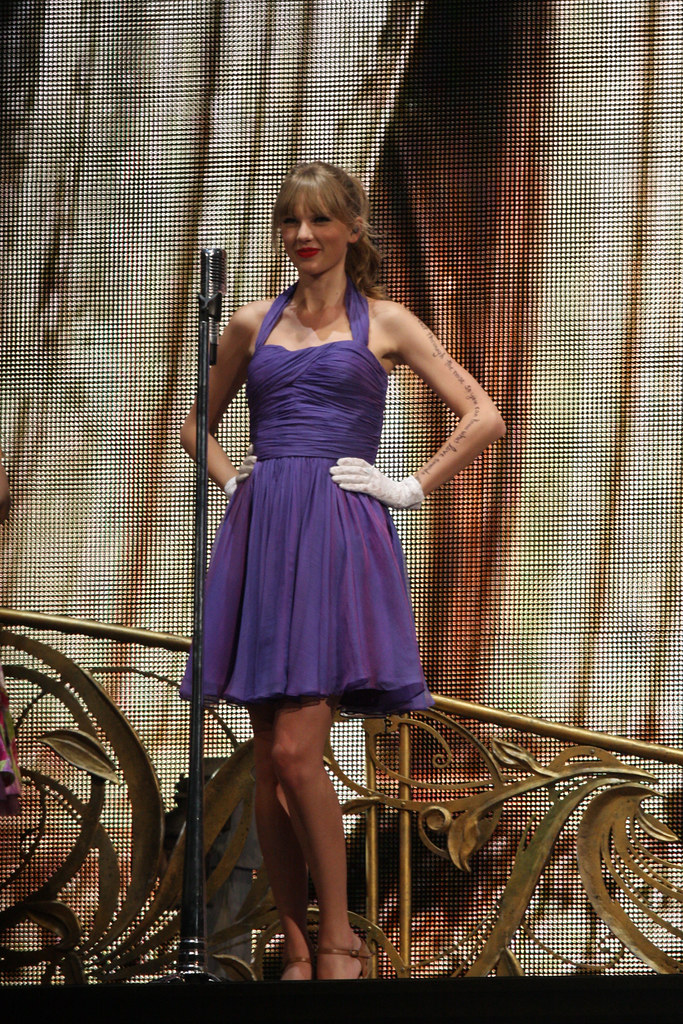
4. The Mounting Criticism of Her Political Silence and Unfounded “Crypto-Fascist” Allegations
As the political climate intensified, Swift’s continued silence became a focal point for criticism. In 2017, her support for the Women’s March, expressed via Instagram, was met with a degree of dissatisfaction from both fans and critics who felt her feminist activism wasn’t being channeled into direct political action.
Some commentators went further, with *The Cut* suggesting that a public endorsement from Swift “could have” helped Hillary Clinton become president in 2016, even considering the open support Clinton received from other major artists like Katy Perry and Beyoncé. Journalist Medford criticized Swift for using her “large, wide-reaching platform and use it only for the advancement of your own ambition reflects poorly, regardless of how progressive your politics may be,” arguing that she could not subsist in a “political vacuum” without it becoming “deafeningly noticeable.”
Perhaps the most alarming criticisms came from extremist elements. Capitalizing on her persisting political silence in 2016 and 2017, some white supremacists in the U.S. began to claim Swift as one of their own, even labeling her a neo-Nazi. Alt-right websites such as *The Daily Stormer* praised her, with one even proclaiming her their “Aryan Goddess,” claiming they were “waiting for Trump’s win to announce her ‘Aryan Agenda’ to the world.” This shocking appropriation fueled liberal media outlets to demand that Swift clarify her political stance.
When PopFront, a left-wing website, alleged that her 2017 single “Look What You Made Me Do” contained “subtle” alt-right nods, Swift’s team responded aggressively, demanding a retraction and threatening legal action. This move, however, drew criticism from the American Civil Liberties Union (ACLU), who accused Swift of attempting to “suppress constitutionally protected speech.” Amidst these accusations, NPR journalist Leah Donella firmly asserted that “there is no reason to think Swift is a white supremacist,” noting her lack of affiliation with such groups and pointing out that such claims often rested solely on her racial identity and social circles, which are more reflective of broader societal segregation issues than individual white supremacy.
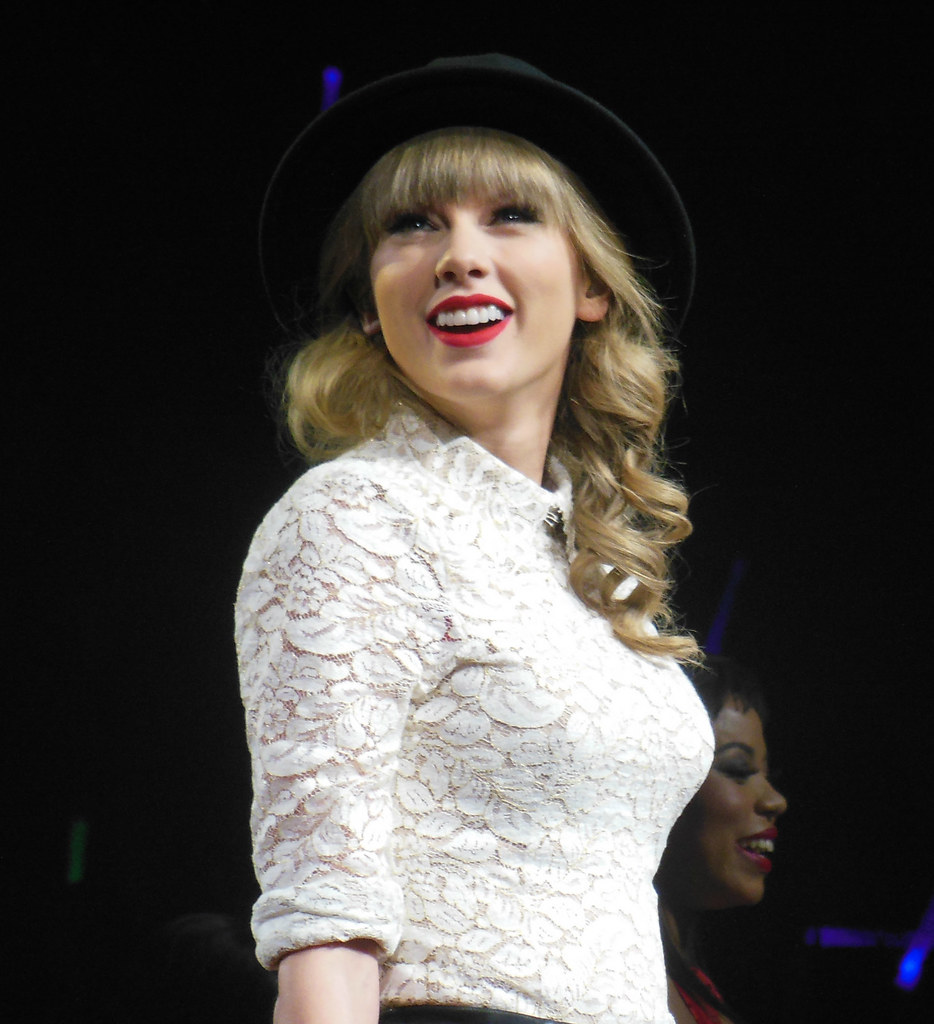
5. The Watershed Moment: First Public Endorsement in the 2018 Midterm Elections
The long-anticipated shift in Taylor Swift’s political engagement finally occurred in the 2018 U.S. midterm elections. This moment, widely reported as “breaking her political silence,” marked her first explicit political endorsement. On October 18, 2018, Swift publicly endorsed Democratic candidates Phil Bredesen and Jim Cooper for the Tennessee elections via social media posts.
This endorsement generated widespread media coverage and was met with significant praise from fans, journalists, celebrities, and Democrats. For example, *This Is Spinal Tap* director Rob Reiner tweeted, “A big shout out to Taylor Swift for speaking out. You can single-handedly change this country. Impress your fans with how critical and powerful their voices are. If you get them to the polls on Nov 6, everything you care about will be protected,” acknowledging the immense potential impact of her voice.
Crucially, Swift’s post explicitly censured Republican candidate Marsha Blackburn for her “appalling” policies. She articulated her evolving perspective, stating, “In the past I’ve been reluctant to publicly voice my political opinions. I feel very differently about that now. I always have and always will cast my vote based on which candidate will protect and fight for the human rights I believe we all deserve in [the United States].” This statement clearly laid out the moral imperative guiding her newfound political activism.
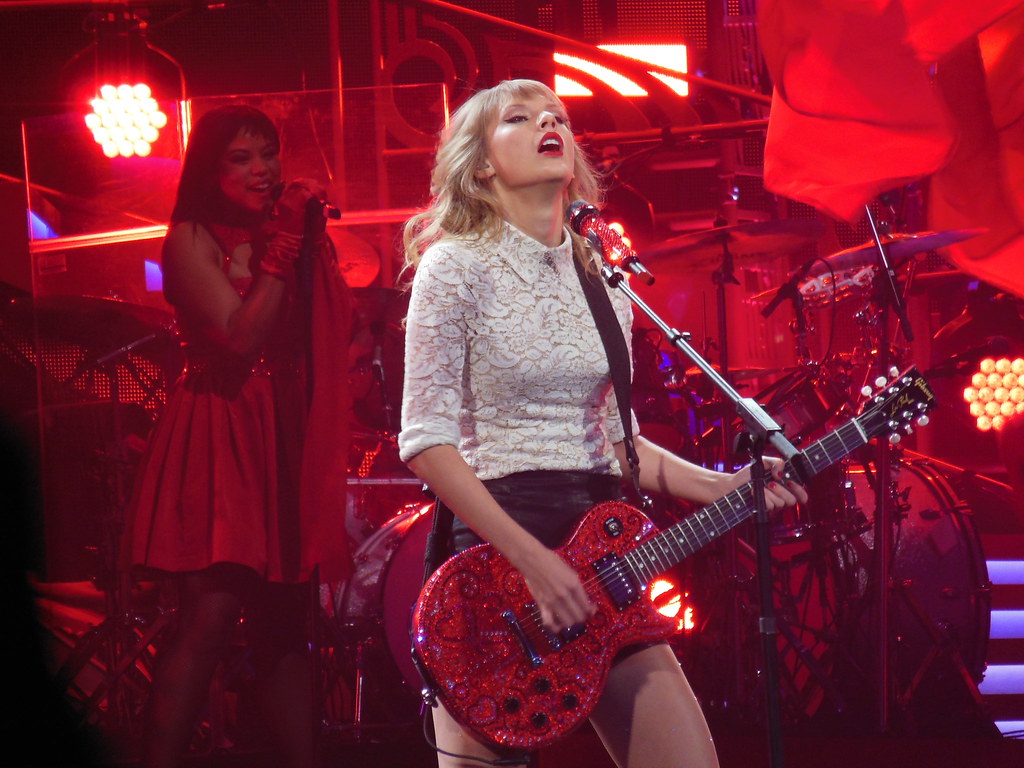
6. **Articulating Explicit Political Views: LGBTQ+ Rights, Gender Equality, Gun Control, and Anti-Racism**
Following her 2018 endorsement, Taylor Swift became much more explicit about her personal political convictions. She is characterized as a liberal, and her public statements and actions have consistently aligned with progressive causes. She is pro-choice, a staunch advocate for gender equality, and a vocal supporter of LGBT rights, stating directly, “I believe in the fight for LGBTQ rights, and that any form of discrimination based on ual orientation or gender is WRONG.”
Furthermore, Swift has become an outspoken proponent of gun control, particularly in the context of school shootings, and a fierce critic of systemic racism, white supremacy, ism, homophobia, and police brutality. She emphasized, “I believe that the systemic racism we still see in this country towards people of color is terrifying, sickening, and prevalent.” These positions represent a definitive departure from her earlier neutrality and signal a commitment to using her voice for social justice.
Her willingness to publicly declare these specific stances marked a significant turning point, cementing her identity as an artist deeply engaged with contemporary sociopolitical issues. She has moved beyond generalized statements to advocate for specific legislative and cultural changes, actively aligning herself with movements seeking to address these pressing concerns.
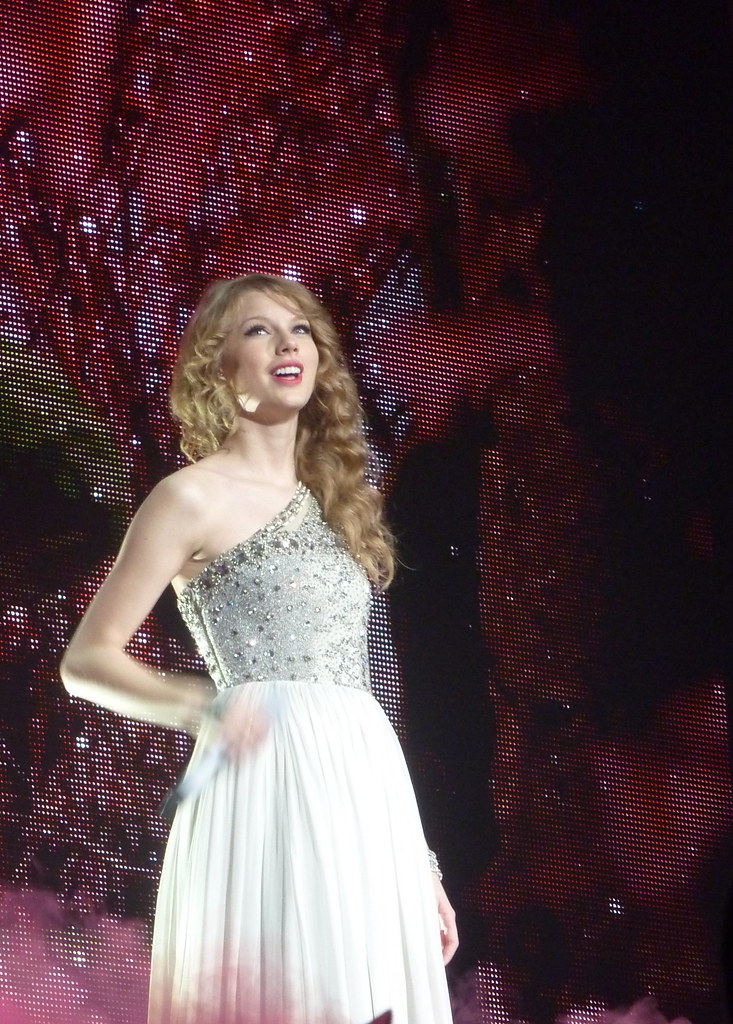
7. Direct Condemnation of Trump’s Presidency and “Miss Americana” Revelations
Taylor Swift’s political engagement deepened significantly with her direct condemnation of Donald Trump’s presidency. She accused his administration of racism and of fostering violence during the George Floyd protests, tweeting powerfully: “After stoking the fires of white supremacy and racism your entire presidency, you have the nerve to feign moral superiority before threatening violence? ‘When the looting starts the shooting starts’??? We will vote you out in November.” This tweet left no doubt about her opposition to Trump’s leadership and policies.
Her 2020 autobiographical documentary, *Miss Americana*, provided an intimate look into her political awakening and the personal struggles that preceded her 2018 endorsement. In the film, she delivered a scathing critique of Marsha Blackburn’s voting record, calling it “appalling and terrifying” due to Blackburn’s stances against equal pay for women, the reauthorization of the Violence Against Women Act, and her beliefs that businesses should have the right to refuse service to gay couples and that they should not have the right to marry.
Swift passionately rebutted Blackburn’s claims of representing “Tennessee Christian values,” stating, “It’s really basic human rights, and it’s right and wrong at this point, and I can’t see another commercial and see [Marsha Blackburn] disguising these policies behind the words ‘Tennessee Christian values’. Those aren’t Tennessee Christian values. I live in Tennessee. I’m a Christian. That’s not what we stand for.” This deeply personal appeal underscored her moral conviction and her rejection of what she perceived as a misrepresentation of her home state’s values.
The documentary also revealed her regret for not endorsing Hillary Clinton in 2016, explaining that negative press at the time—following her dispute with Kanye West and Kim Kardashian—made her feel “useless” and “like a hindrance.” She worried about becoming a liability, thinking, “‘Look, snakes of a feather flock together. Look, the two lying women. The two nasty women’.” This candid confession offered crucial insight into the immense pressure and fear of public backlash that had previously constrained her political voice.
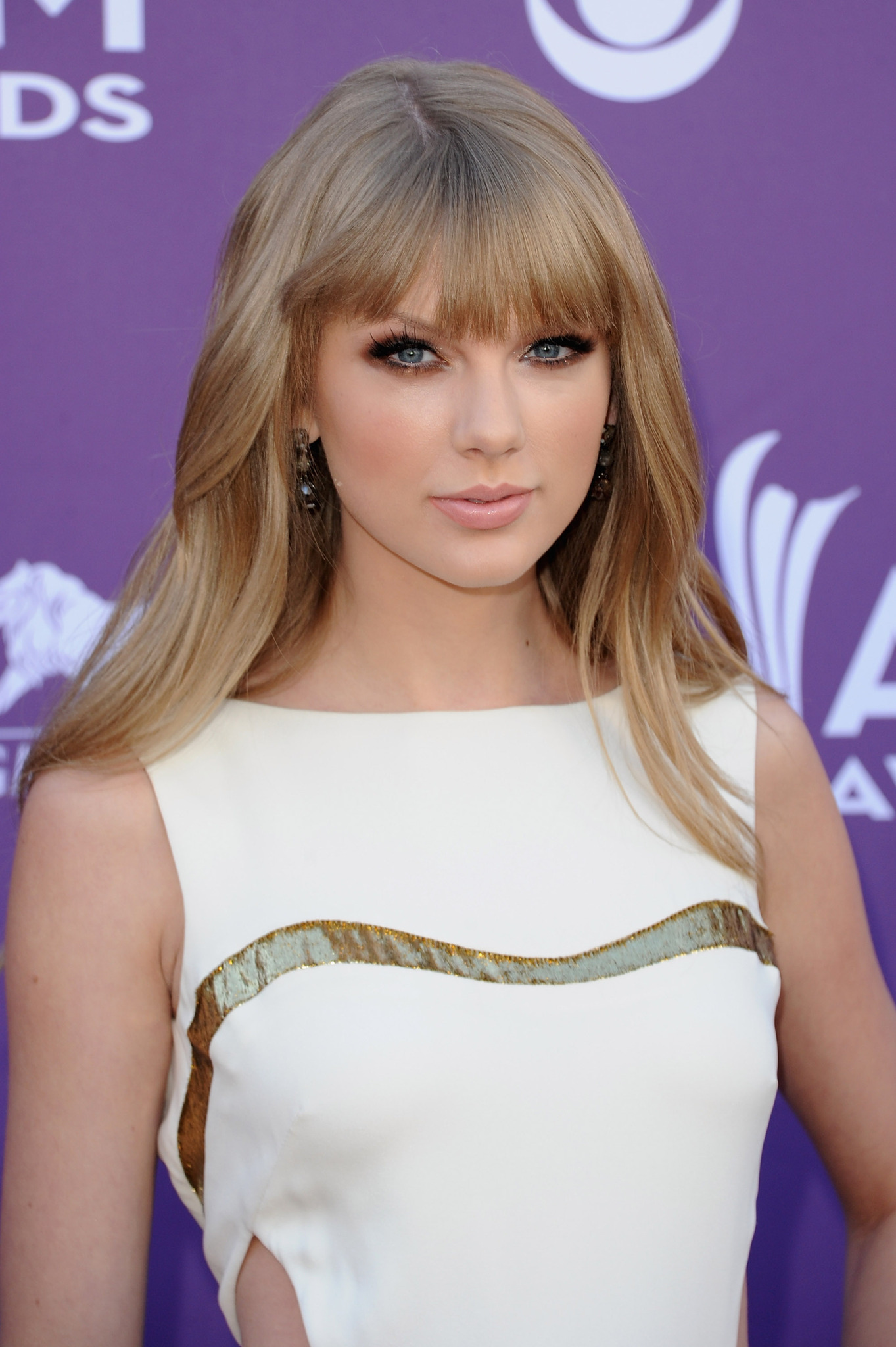
8. The “Taylor Swift Effect” on Voter Engagement and Registration
Taylor Swift’s foray into explicit political endorsement in 2018 immediately demonstrated an unprecedented power to mobilize her vast fanbase, leading to what journalists and academics swiftly dubbed the ‘Taylor Swift Effect.’ Her single social media post advocating for Democratic candidates in the Tennessee midterm elections triggered an astonishing surge in voter registrations. Within just two days of her post, over 169,000 people registered to vote in the 2018 U.S. midterm elections, a dramatic increase compared to the 59,000 registrations recorded in the entire 30 days preceding her announcement, as reported by Vote.org.
This phenomenon has been rigorously analyzed, with statistical research by academics like Gwendelyn Nisbett and Stephanie Dunn suggesting that Swift’s narrative and message in her posts influenced her followers beyond mere parasocial attachment. Behavioral scientist Simone Driessen further noted the dual perspective on Swift’s political ‘coming-out,’ with some viewing it as a strategic career move and others as a necessary expression for pop stars in an increasingly politicized climate. Regardless of the interpretation, the impact on voter participation was undeniable.
Her commitment to civic engagement continued to manifest in tangible ways. In September 2023, Swift again leveraged her Instagram platform to promote Vote.org’s National Voter Registration Day. This single appeal resulted in more than 35,000 new voter registrations, representing a 23 percent increase in total registrations and a remarkable 115 percent increase among 18-year-olds when compared to the 2022 National Voter Registration Day. Andrea Hailey, chief executive of Vote.org, lauded the organization’s partnership with Swift for helping all Americans ‘make their voices heard at the ballot box,’ a collaboration that earned them a Webby Award for Best Creator or Influencer Collaboration in 2024.
The potential of her immense fanbase, collectively known as the Swifties, to function as a formidable voting bloc has become a significant subject of political analysis. Further solidifying this impact, a political advocacy group named ‘Swifties For Kamala’ emerged to support Kamala Harris’s 2024 campaign. This group even collaborated with ‘Voters of Tomorrow,’ a Gen-Z advocacy organization, specifically targeting college students in crucial swing states, illustrating the sophisticated ways her influence is being channeled into electoral politics.
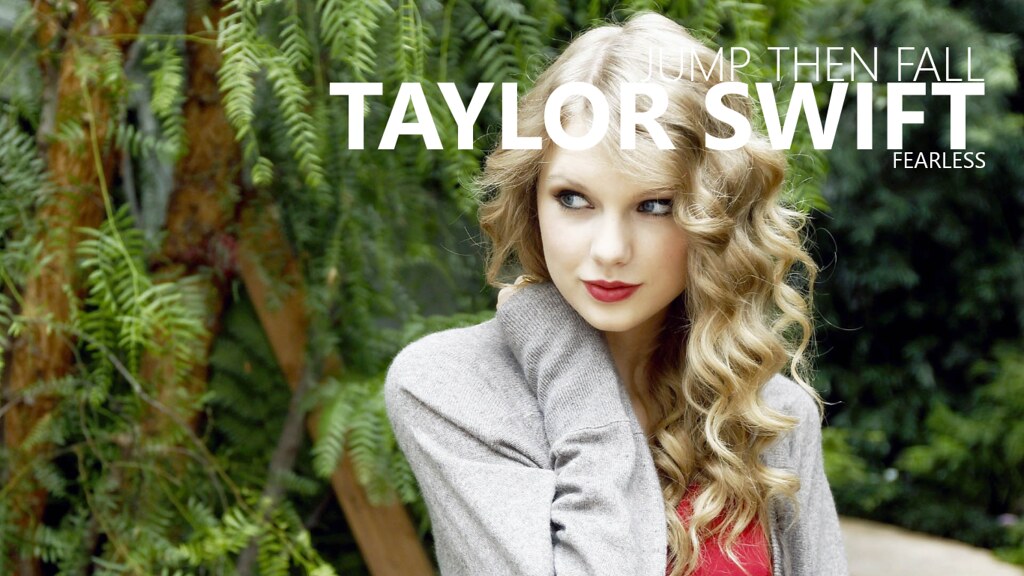
9. Leveraging Her Music for Social Justice and Political Commentary
Beyond direct endorsements, Taylor Swift has powerfully utilized her songwriting, music videos, and other creative works as potent vehicles for conveying her evolving political beliefs and championing various social justice causes. This deliberate integration of activism into her artistry has allowed her to connect with audiences on a deeper, more emotional level, often inspiring action and dialogue.
Even during her earlier, ostensibly apolitical phase, her work often carried subtle yet meaningful messages. For instance, *The New York Times* noted the positive impact of her 2011 music video for ‘Mean’ on the LGBT community, particularly as a country artist. Later, her 2014 track ‘Welcome to New York’ was characterized by *Time* as an ‘equality anthem,’ with lyrics like ‘You can want who you want / Boys and boys and girls and girls’ explicitly embracing inclusivity.
The release of her 2019 single ‘You Need to Calm Down’ marked a more explicit embrace of LGBTQ+ rights. The song, which has been widely dubbed a gay anthem, directly namechecks GLAAD, an LGBT non-governmental organization, leading to a significant spike in donations to the organization. This demonstrated how her music could translate directly into tangible support for the causes she advocates.
Her 2019 album *Lover* continued this trend, with critics highlighting the political messages within songs like ‘Miss Americana & the Heartbreak Prince.’ Alexis Petridis from *The Guardian* praised the track for its authentic portrayal of disappointment in American politics, surpassing other pop stars’ ‘woke’ attempts. Similarly, *Teen Vogue*’s Claire Dodson and *Variety*’s Chris William both noted how the song effectively captured a profound sense of sorrow and disillusionment with the U.S. political landscape.
Her 2020 protest song, ‘Only the Young,’ became perhaps her most overtly political anthem. Characterized by *Cosmopolitan* as her most politically charged song yet, it features lyrics aimed at the American youth, specifically addressing issues like school shootings. *Stereogum* noted that the song found Swift ‘reckoning with the current political climate and her place in it.’ This powerful track was subsequently authorized by Swift for free use in the advertising campaigns for Joe Biden and Kamala Harris, marking the first time she allowed her music to be used in a political advertisement and further cementing her musical contributions to her political advocacy.
Read more about: A Legacy Tainted: 14 Celebrated Artists Who Faced Serious Charges
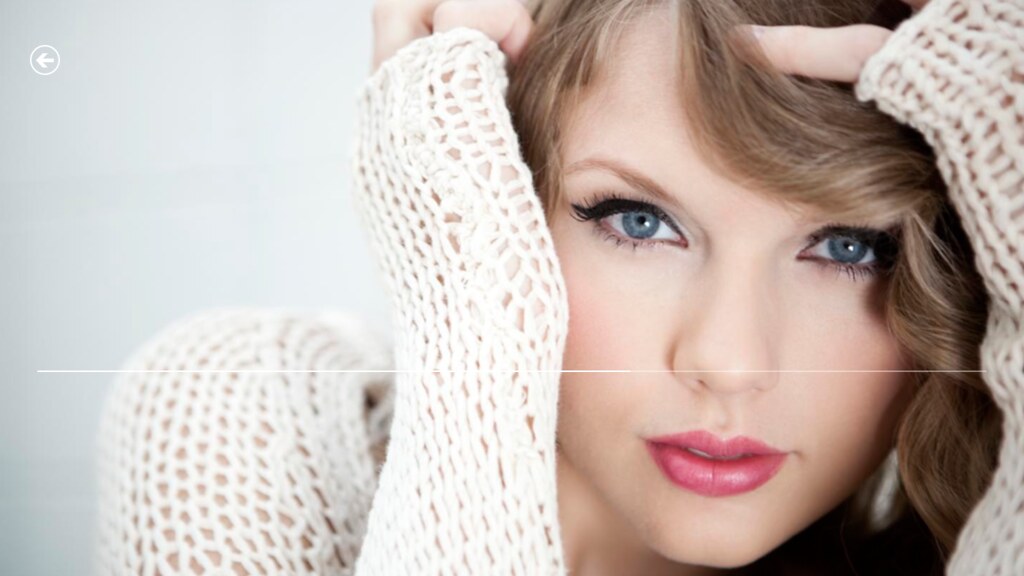
10. Championing Consumer Rights: The Ticketmaster Uproar
Taylor Swift’s influence extended dramatically beyond electoral politics into the realm of consumer rights and anti-monopoly advocacy in November 2022, following the disastrous mismanagement of ticket sales for the U.S. leg of her highly anticipated Eras Tour. The American ticket sales platform Ticketmaster and its parent company, Live Nation Entertainment, faced an unprecedented wave of criticism from fans due to technical glitches, exorbitant fees, and extensive wait times, transforming a concert presale into a national incident.
The widespread frustration expressed by customers across social media quickly caught the attention of numerous U.S. lawmakers and consumer advocacy groups. Media outlets such as *Fortune* and *Bloomberg News* attributed the backlash to Ticketmaster’s ‘oft-confusing multistep buying process plagued with additional fees,’ alongside ‘long waits, technical problems, and poor customer service.’ This incident brought to the forefront long-standing concerns about monopolistic practices within the live entertainment industry.
Responding to the public outcry, prominent figures like U.S. Representative Alexandria Ocasio-Cortez and fellow House representative Bill Pascrell explicitly labeled Ticketmaster a monopoly and advocated for the dissolution of its merger with Live Nation. Senator Richard Blumenthal urged a federal probe into competition in the live venue music industry, asserting that the issue was ‘a perfect example of how the Live Nation/Ticketmaster merger harms consumers.’ Senator Amy Klobuchar, chair of the Senate Judiciary Subcommittee on Competition Policy, Antitrust and Consumer Rights, penned an open letter to Ticketmaster’s CEO, Michael Rapino, expressing her profound concerns.
This legislative attention rapidly escalated into concrete action. Attorneys general in several states, including Pennsylvania, Tennessee, Nevada, and North Carolina, initiated investigations into the issue. Representative Pascrell, co-signed by 30 other House Democrats, formally petitioned the U.S. Department of Justice to launch a comprehensive investigation. Representative David Cicilline, chair of the House Judiciary Subcommittee on Antitrust, Commercial and Administrative Law, further pressed the Department of Justice to investigate and reverse the merger, tweeting that ‘Live Nation–Ticketmaster is an unchecked monopoly.’
The White House also weighed in, with Press Secretary Karine Jean-Pierre stating that President Joe Biden believes ‘capitalism without competition isn’t capitalism, it’s exploitation.’ Biden himself later tweeted about his administration’s actions to combat ‘hidden ‘junk’ fees’ across various industries. The controversy even prompted a bipartisan letter from Senators Blumenthal and Blackburn to the Federal Trade Commission (FTC), inquiring about plans to combat ticket bots and enforce the Better Online Tickets Sales Act. FTC chair Lina Khan notably remarked that the ticketing crash ‘ended up converting more Gen Zers into anti-monopolists overnight than anything I could have done.’ This collective pressure ultimately led to ticketing companies, including Ticketmaster, forming a consensus in June 2023 to abolish ‘junk fees’ after a meeting with Biden and the FTC, a move legal scholar William Kovacic dubbed the ‘Taylor Swift policy adjustment.’
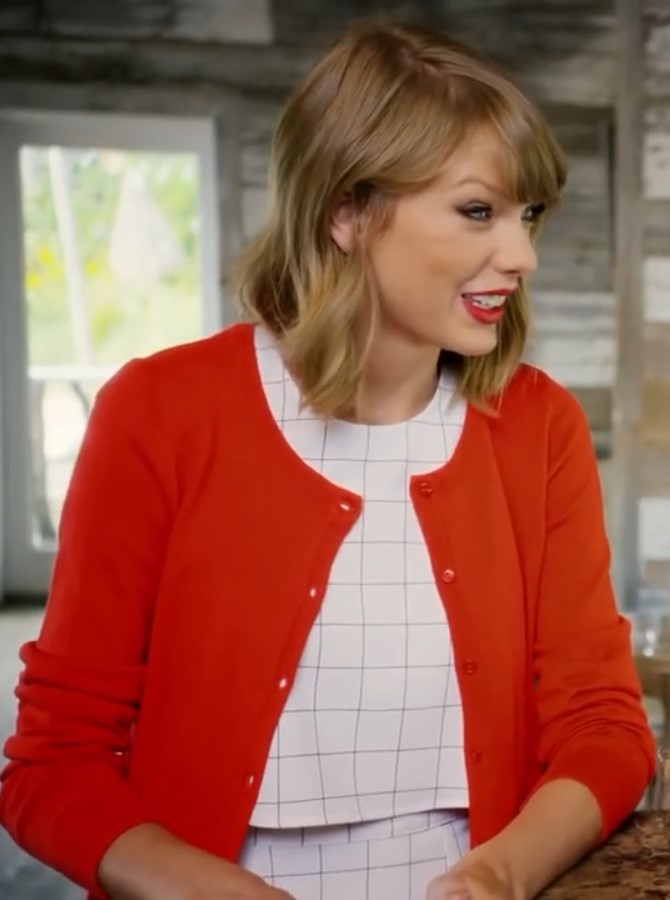
11. Direct Presidential Endorsements and the 2020-2024 Election Cycles
Building upon her groundbreaking 2018 political debut, Taylor Swift significantly deepened her engagement in U.S. presidential elections. In the lead-up to the 2020 U.S. presidential election, Swift publicly endorsed the Democratic ticket of Joe Biden and Kamala Harris, lending the powerful message of her protest song ‘Only the Young’ to their campaign. This endorsement was met with gratitude from Harris, who tweeted that Swift was effectively showing young voters ‘what’s at stake’ in the election, and was recognized by *Forbes* staff Seth Cohen as ‘notable for its high-profile approach and big hit commentary.’ Biden ultimately won the election, with Swift identified as the second most influential celebrity in his victory, surpassed only by LeBron James.
As the 2024 election cycle approached, Swift’s influence remained a critical factor. *The New York Times* reported that Biden’s reelection campaign actively viewed Swift as their ‘biggest and most influential endorsement target,’ aiming to implement a ‘Taylor Swift strategy’ to bolster his ‘faltering’ popular support. This highlighted the unprecedented strategic importance politicians now placed on her public backing, recognizing her unique ability to sway diverse demographics.
However, this anticipated endorsement also fueled an extraordinary wave of conspiracy theories from Trump supporters. They alleged that Swift was involved in a covert plot with the Democrats, the National Football League (NFL), and her boyfriend, American football player Travis Kelce, to manipulate voters in favor of Biden. These outlandish claims even extended to asserting that Super Bowl LVIII, in which Kelce’s Kansas City Chiefs competed, was rigged for the same nefarious purpose, with some even labeling Swift a ‘Pentagon psy-op’ asset of the U.S. government intended to control public opinion. Republican politician Vivek Ramaswamy publicly alluded to these theories, while Nikki Haley, another Republican contestant, criticized them as ‘bizarre.’
Despite the intense speculation and pressure, Swift maintained her silence until September 10, 2024, shortly after the first presidential debate between Trump and Harris. She then made her official endorsement of Harris and Tim Walz through an Instagram post featuring herself with her cat. In the same post, Swift directly criticized Trump’s use of AI to create false images depicting her endorsing him, signing off pointedly as ‘Childless Cat Lady,’ a direct jab at comments made by Republican vice-presidential candidate JD Vance.
Trump’s response to her endorsement was swift and harsh. He posted to Truth Social with the statement, ‘I HATE TAYLOR SWIFT!’ and publicly declared that Swift would ‘pay a price for it in the marketplace.’ Conversely, political journalist Lawrence O’Donnell described Swift’s post as the most influential and ‘perfectly timed’ celebrity endorsement of the 2024 election, inspiring other female celebrities like Stevie Nicks and Linda Ronstadt to make similar appeals for voting. The Democratic National Committee released advertisements inspired by Swift’s music, while Trump’s campaign ironically sold MAGA merchandise copying the ‘exact’ designs of Swift’s Eras Tour merchandise, demonstrating the pervasive nature of her cultural impact. Although Harris ultimately lost the election to Trump, who continued to criticize Swift in his second presidency, the American Federation of Musicians condemned Trump for his ‘incessant attacks’ on its members, including Swift and Bruce Springsteen, defending their freedom of expression.
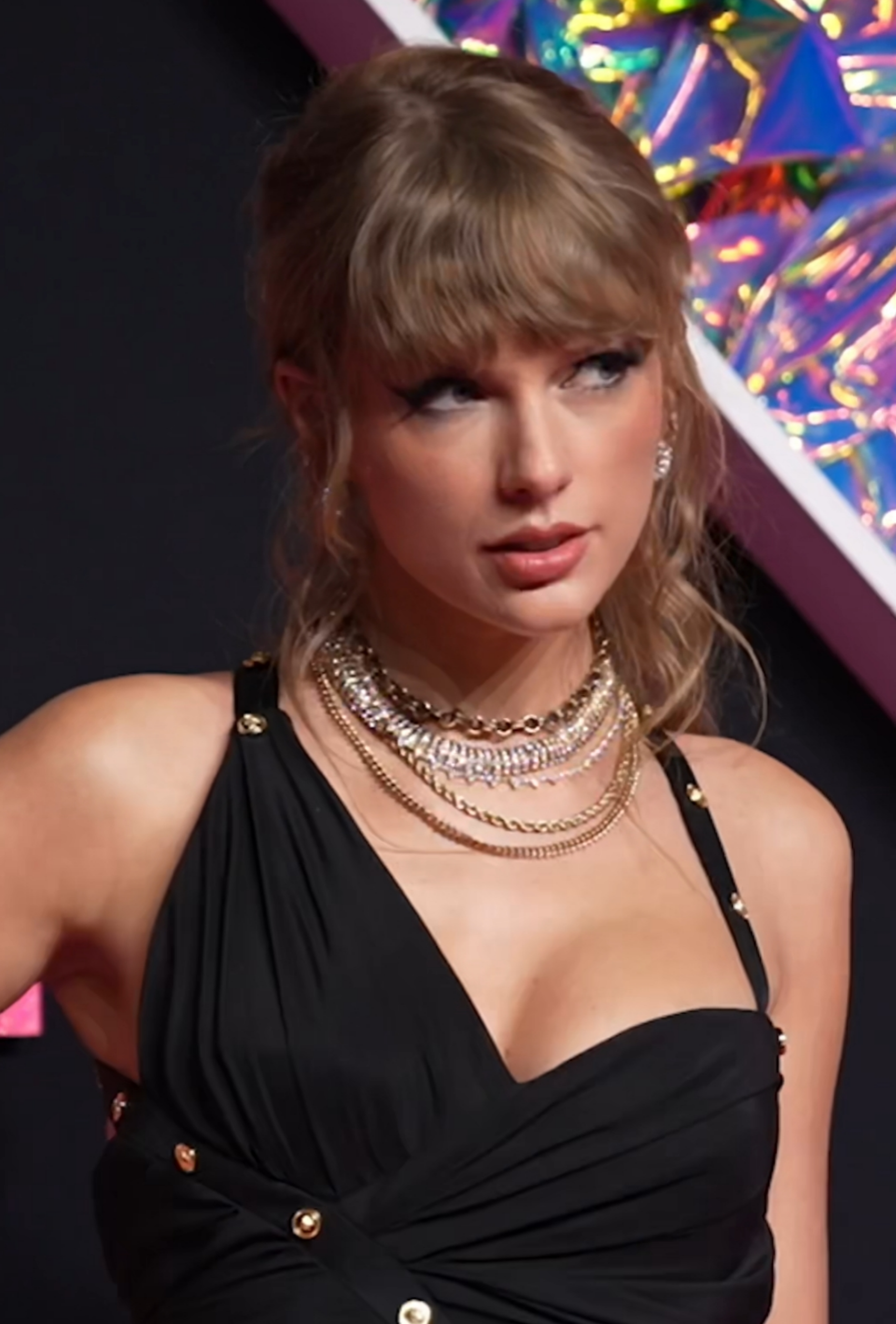
12. Navigating the Political Backlash: Criticisms and Conspiracy Theories
Taylor Swift’s decision to break her long-standing political silence in 2018 triggered a fierce and often vitriolic backlash from a significant segment of the political spectrum, particularly Republicans, Trumpists, and right-wing supporters. Many expressed feelings of ‘betrayal,’ launching online attacks that included criticism, -shaming, and berating, telling her to ‘shut up’ and ‘stick to music.’ Organizations like the National Republican Senatorial Committee openly mocked her, and figures like Charlie Kirk of Turning Point USA publicly chastised her. Even then-President Donald Trump remarked, ‘I’m sure Taylor Swift doesn’t know anything about her,’ adding, ‘Let’s say that I like Taylor’s music about 25% less now, OK?’, demonstrating the immediate and personal nature of the conservative condemnation.
As her political engagement deepened, particularly around the 2024 election, this backlash morphed into more elaborate and far-fetched conspiracy theories. The most prominent of these was the allegation that Swift was part of a ‘Pentagon psy-op’ orchestrated by the Biden-led U.S. government to manipulate public opinion and secure Joe Biden’s reelection. These theories bizarrely implicated her relationship with Travis Kelce, claiming the NFL and even the Super Bowl were rigged to serve this Democratic agenda. Such claims were publicly entertained by figures like Republican Vivek Ramaswamy, though fellow Republican Nikki Haley dismissed them as ‘bizarre.’ A *Guardian* report even indicated that 18 percent of Americans believed Swift was ‘part of a covert government effort to re-elect Joe Biden,’ underscoring how deeply these narratives permeated public discourse.
Beyond the political fringes, Swift also faced nuanced criticisms from within the liberal sphere. Some commentators, for instance, downplayed her political activism as either ‘performative or inadequate,’ suggesting that her efforts didn’t go far enough or were self-serving. This type of criticism highlighted the impossible tightrope celebrities often walk when engaging in politics, as they are simultaneously lauded for speaking out and critiqued for not doing enough or for perceived inauthenticity.
Broader societal scrutiny also targeted other aspects of Swift’s public persona, which some critics viewed as inconsistent with her progressive stances. Her extensive private jet usage and a perceived lack of outspoken climate activism, for instance, were frequently highlighted in mainstream media. These criticisms underscored the complex expectations placed upon high-profile figures to align their personal actions with their public advocacy, and the difficulty of satisfying every facet of a demanding public and media.
Furthermore, Swift navigated significant pressure and backlash regarding her perceived silence on the Israeli-Palestinian conflict. This included criticism over her concert film reportedly playing in Jerusalem, Israel’s official state Twitter account asking her to call for the return of a hostage, and fan demands for her to comment following the Tel al-Sultan attack in 2024. While she did attend a pro-Palestinian fundraiser in December 2023, the ongoing scrutiny demonstrated the immense moral and political weight placed on her to take a stance on highly sensitive global issues, showcasing the challenges of her expanded role as a politically active cultural icon.
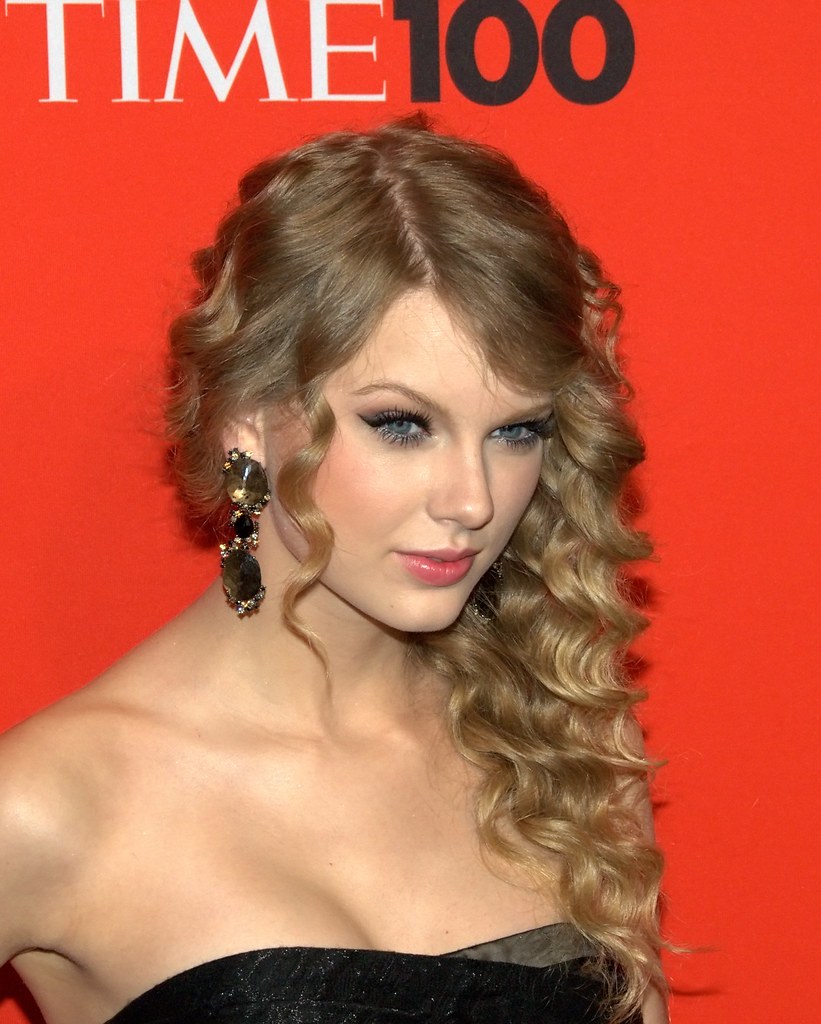
13. Impact on Economic Policy and Lawmakers: Beyond the Ballot Box
Taylor Swift’s journey into political activism extended significantly beyond endorsing candidates, directly influencing discussions around economic policy, corporate practices, and legislative action. A pivotal moment in this regard was her highly publicized dispute in June 2019 with her former record label, Big Machine Records, its founder Scott Borchetta, and its new owner Scooter Braun, over the ownership of the masters of her first six studio albums. This personal battle quickly garnered national attention and illuminated broader issues within the entertainment industry.
The dispute caught the eye of influential Democratic politicians who leveraged Swift’s situation to highlight concerns about corporate power and private equity firms. U.S. Senator Elizabeth Warren, then a presidential candidate, publicly stated that Swift was ‘one of many’ whose creative works had been threatened by private equity firms, which, in Warren’s view, were ‘gobbling up more and more of our economy, costing jobs and crushing entire industries.’ Similarly, U.S. Representative Alexandria Ocasio-Cortez criticized private equity groups’ ‘predatory practices’ and their role in ‘holding [Swift’s] own music hostage,’ demanding that they ‘be reined in.’
Swift’s influence even manifested in state-level elections. Ahead of the 2021 Virginia gubernatorial election, Democratic candidate Terry McAuliffe launched a series of advertisements against his Republican opponent, Glenn Youngkin, a former co-CEO of the Carlyle Group (one of the parties Swift criticized in her masters dispute). McAuliffe utilized the #WeStandWithTaylor hashtag, popular among Swifties, to indicate Youngkin’s ties to the controversy and urge Swift’s supporters not to vote for him, demonstrating how her fanbase could be mobilized for specific economic policy arguments.
Beyond these direct interventions, Swift’s cultural weight has garnered attention from various lawmakers on seemingly unrelated issues. For instance, Jared Polis, the 43rd Governor of Colorado and the first openly gay man elected to the position, publicly supported Swift in his 2022 annual gubernatorial address, even singing the chorus of her song ’22 (Taylor’s Version)’ in reference to the new year. This seemingly lighthearted gesture underscored the broad appeal and political currency Swift now commanded, transcending partisan lines to a degree.
The Ticketmaster fiasco (as discussed previously) further cemented her role in shaping economic policy discussions. The bipartisan outcry against Ticketmaster’s monopolistic practices, sparked largely by the public’s identification with Swift’s fans, led to Senate Judiciary Committee hearings and federal and state investigations. This controversy drove crucial conversations about antitrust laws, consumer protection, and industrial monopoly in the U.S., ultimately culminating in the ‘Taylor Swift policy adjustment’ to abolish ‘junk fees,’ proving her capacity to inspire concrete legislative and regulatory changes.
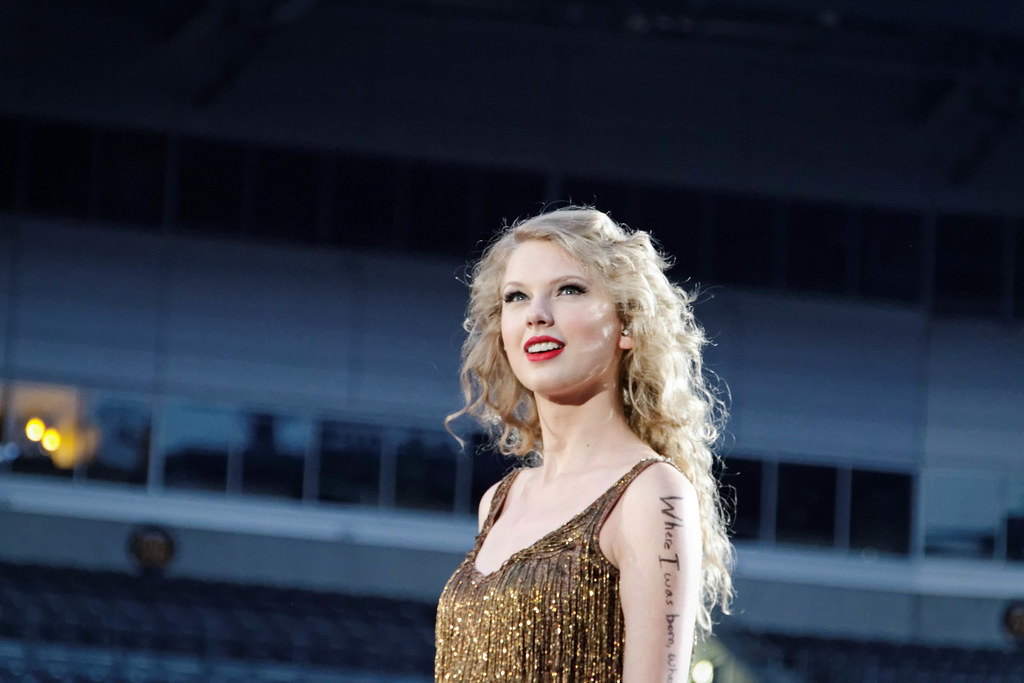
14. Swift’s Unprecedented Political Sway: A Global Cultural Phenomenon
Taylor Swift has ascended to a unique and unprecedented position as an American cultural icon whose every move, particularly in the political arena, reverberates globally. *Forbes* has characterized her as the most influential musician in the political sphere, a testament to her unparalleled leverage in U.S. politics that distinguishes her from other music artists. Her prominence is such that she has even been cited in various legal proceedings as a precedent or source of example, underscoring the pervasive nature of her impact.
Her political sway is further magnified by her exceptionally high approval ratings across the American populace. According to a 2023 survey reported by *The Times*, a staggering 53 percent of adult Americans consider themselves fans of Swift, a figure notably higher than the approval ratings for both Joe Biden and Donald Trump. Journalist Ellie Austin of *The Times* elucidated that despite Swift’s left-leaning political alignment, a significant portion of the right wing still ‘covet’ her, positioning her as a ‘uniting’ demographic fulcrum capable of bridging America’s profound political divide.
The function and potential of her devoted fanbase, the Swifties, as a formidable ‘voting bloc’ in electoral politics has become a subject of intense analysis and fascination. This collective power, coupled with Swift’s ‘soft power’ influence, has demonstrated an ability to galvanize voter registration and engagement on a scale rarely seen from a single celebrity. Her political endorsements are not merely celebrity endorsements; they are recognized as significant events with tangible electoral consequences.
Swift’s influence transcends national borders, inspiring or being acknowledged by politicians and leaders worldwide. Heads of government from diverse nations, including Justin Trudeau of Canada, Liz Truss and Rishi Sunak of the UK, Emmanuel Macron of France, and Gabriel Boric of Chile, among others, consider Swift a positive influence on citizens. Even Chinese state media has consistently praised her, indicating a universal recognition of her cultural and social impact.
However, this unprecedented level of global influence also carries a darker, more perilous dimension. The Swifties, due to their idol’s political stances and global visibility, have unfortunately become targets for extremist attacks, as evidenced by incidents such as the 2024 Southport stabbings and the ISIS-assisted Vienna terrorism plot. These alarming events underscore the profound, multifaceted, and sometimes dangerous magnitude of Taylor Swift’s political and cultural presence, cementing her status as a singular force in contemporary society.
From her initial hesitance to her current role as an outspoken advocate and cultural force, Taylor Swift’s journey through the political landscape has been nothing short of extraordinary. She has navigated intense scrutiny, leveraged her immense platform to champion critical causes, profoundly impacted voter engagement, and even influenced legislative discourse. Her evolution serves as a powerful testament to the transformative potential of a celebrity voice, proving that an artist can indeed reshape both the cultural conversation and the complex contours of the political sphere. As she continues to captivate millions around the globe, her influence remains a compelling and ever-evolving phenomenon, deeply woven into the fabric of modern politics and popular culture. The world watches, listens, and votes, as Taylor Swift continues to write her own narrative, one powerful statement at a time.



